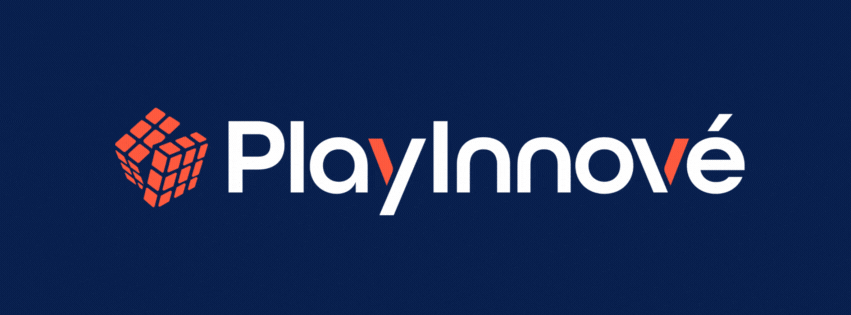The Future of Innovation: Trends to Watch in the Next Decade
- PlayInnové

- Feb 17, 2025
- 2 min read

Innovation is evolving at lightning speed, reshaping industries, economies, and the way we live. As businesses and leaders navigate this rapidly changing landscape, staying ahead means understanding the trends that will define the next decade. From AI-driven breakthroughs to the rise of creative collaboration, here’s a look at the future of innovation and what it means for organizations ready to embrace change.
1. AI and Human Augmentation: The Rise of the Hybrid Workforce
Artificial intelligence is no longer a futuristic concept. It’s here, transforming everything from decision-making to customer engagement! Companies that successfully integrate AI as a tool to enhance human potential rather than replace it will lead the charge. According to a McKinsey report, AI-powered automation could increase global productivity by 0.8% to 1.4% annually over the next decade, with human-AI collaboration at its core.
2. Playful Experimentation: Creativity as a Competitive Advantage
The future belongs to organizations that prioritize creativity and play in their innovation strategies. Research from Harvard Business School found that teams engaging in play-based problem-solving outperform those relying solely on traditional brainstorming. Businesses embracing experimentation over rigid structures will cultivate more breakthrough ideas and adapt to market shifts faster.
3. The Evolution of Workspaces: Flexibility & Immersive Collaboration
The workplace of the future will be defined by adaptive environments—both physical and digital. With hybrid work models becoming the norm, companies are investing in immersive collaboration technologies, including virtual reality (VR) and augmented reality (AR), to enhance team dynamics. Organizations that reimagine their approach to workplace design will foster stronger engagement and productivity.
4. Psychological Safety & Inclusive Innovation
Diverse teams drive better business outcomes, but inclusivity goes beyond demographics. Creating a culture of psychological safety, where employees feel empowered to share ideas without fear, is key to unlocking innovation. A Google study on effective teams found that psychological safety was the #1 predictor of high-performing teams. Businesses that actively cultivate inclusivity will see an increase in idea generation, collaboration, and long-term success.
5. The Rise of Regenerative Business Models
Sustainability is no longer optional—it’s becoming a cornerstone of business innovation. Companies are shifting from linear to regenerative models, emphasizing circular economies, ethical sourcing, and carbon-neutral strategies. According to a World Economic Forum study, businesses that integrate sustainability into their core strategy are 30% more likely to outperform competitors in the long run.
Final Thoughts: Are You Ready for the Future of Innovation?
The next decade will reward businesses that remain agile, experimental, and human-centric in their innovation strategies. Companies that embrace AI as a collaborative tool, foster creativity and inclusivity, and reimagine workspaces will set the stage for long-term success. At PlayInnové, we specialize in helping organizations build future-ready teams through interactive workshops that spark innovation and engagement. Let’s build the future—one idea at a time.
Sources
McKinsey & Company. (2023). The State of AI in 2023: Generative AI’s Breakout Year.
Harvard Business School. (2022). What is Creative Problem Solving & Why Is It Important.
Google Research (2016). Guides: Understand team effectiveness – Google re:Work
World Economic Forum. (2023). The Future of Business is Digital and Sustainable. Here’s Why




Comments